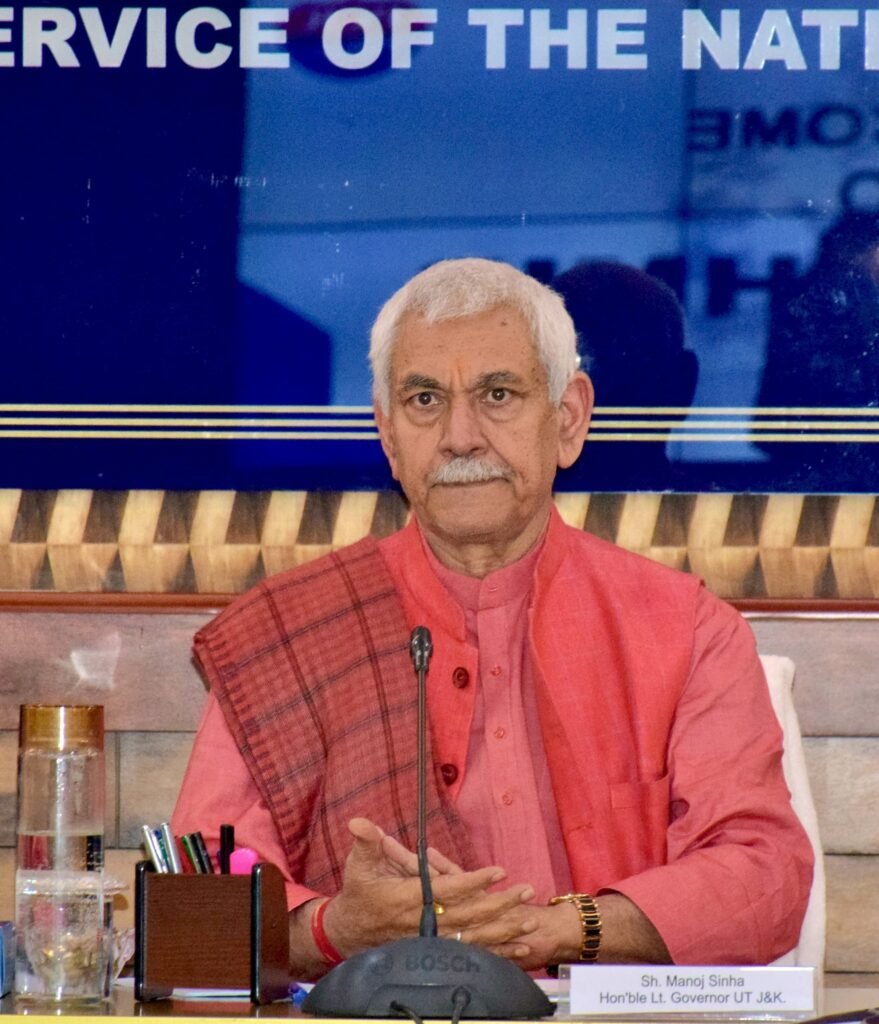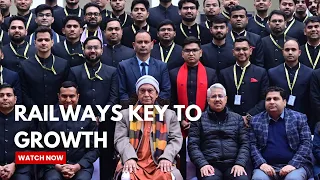The transformation of rural communities often begins with a return to their roots—reviving traditional crafts that have sustained generations. In Reasi, a district in Jammu and Kashmir, bamboo handicrafts have become a catalyst for positive change, thanks to a central government initiative that seeks to empower local artisans and uplift entire communities. This initiative has breathed new life into an age-old craft, creating new opportunities and enhancing livelihoods for villagers in the region. Bamboo, a versatile and abundant natural resource, has been used for centuries in Reasi for crafting various products. However, the art of bamboo handicrafts faced the threat of decline as modern alternatives and industrialisation took over. The central government, recognising the cultural significance and economic potential of bamboo crafts, launched a program aimed at reviving this traditional art form while providing artisans with the tools, training, and platforms to thrive in today’s market. This initiative has transformed the lives of many in Reasi. Artisans who once struggled with limited access to markets, financial resources, and skill development now have new opportunities to showcase their work. The program offers specialised workshops and training, teaching artisans not only the finer points of bamboo craft but also business skills like marketing and management. As a result, many have been able to turn their craft into a sustainable livelihood. Beyond individual artisans, the bamboo handicraft initiative has revitalized entire communities. As families engage in bamboo crafting, they build a sense of pride and community involvement, ensuring that the skills are passed down through generations. This revival of tradition is more than just an economic boost—it has become a means of preserving cultural heritage while ensuring that it adapts to modern market demands. The impact of the bamboo handicraft movement goes beyond economic upliftment. It has given the people of Reasi a renewed sense of self-worth and connection to their culture. Through government support, the region has seen its crafts gain recognition in national and international markets. This exposure has increased demand for Reasi’s bamboo products, creating more jobs and opportunities for artisans. The central government’s initiative to empower Reasi villagers through bamboo handicrafts is a powerful example of how traditional craftsmanship can be harnessed for contemporary success. By providing artisans with the resources to develop their craft and connect with new markets, the program is not only reviving an important cultural tradition but also boosting local economies and improving lives. The bamboo handicraft initiative stands as a testament to the transformative power of combining heritage with opportunity, ensuring a brighter future for the people of Reasi.










